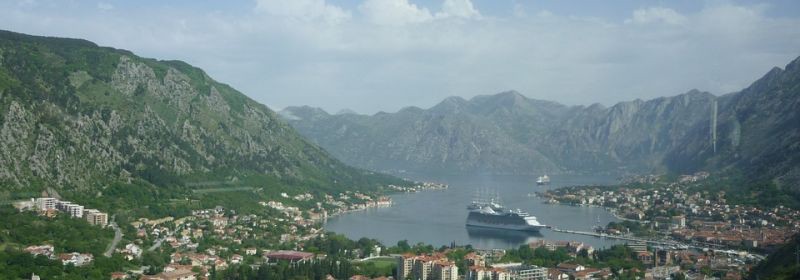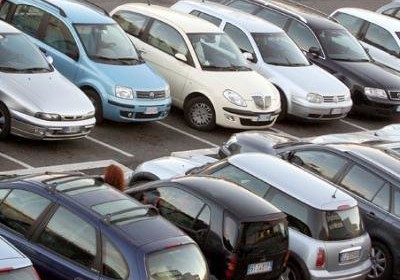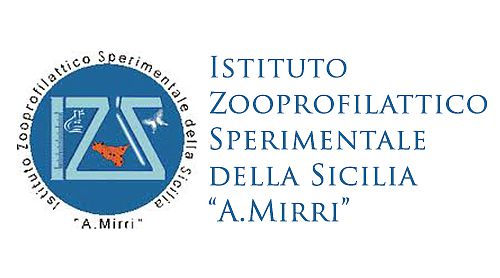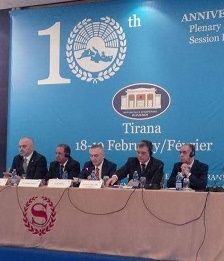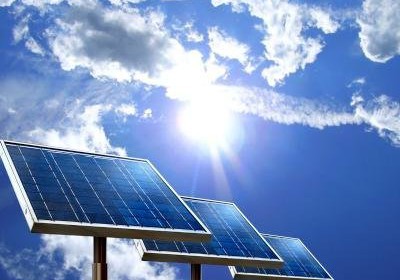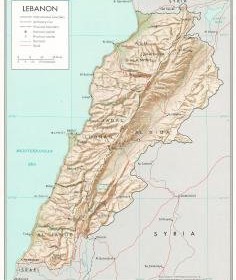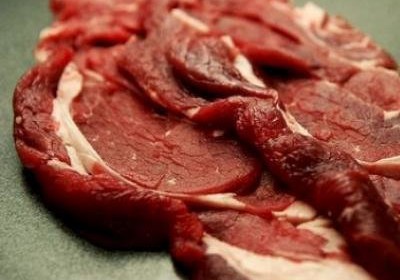PRIVATIZATION OF SUBWAY IN TEL AVIV
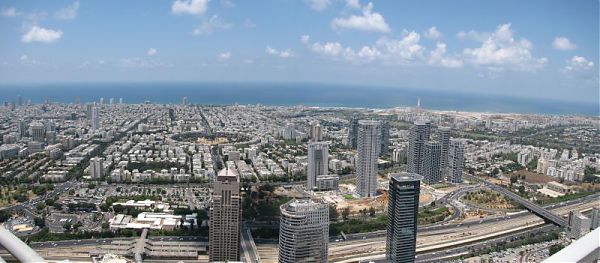
The construction of the red light railway line from Tel Aviv began only a few months ago and the government already thinks about the future of the next two lines, one green and one purple, imagining right now a private procedure to entrust building a private company.
According to sources of the economic newspaper Globes (see link at the bottom), the Executive doesn’t want that the story of the Red Line will be repeated again. In 2006, in fact, a private race was launched and was won by MTS, a consortium of companies Africa Israel, Siemens, Egged, Chinese and Portuguese Companies. MTS, however, was unable to ensure the fulfillment of the work according to the prices and times in the public-private tender BOT (Build Operate Transfer) which to date have soared to 2021 and to 16 billion from 11 initially budgeted and furthermore, it wasn’t able to be managed by 2010 to recover the share of necessary private funds. These were the reasons to withdraw the concession and leave the implementation work to NTA – a public company.
The construction of the two new lines should be allocated fairly according to the scheme PFI (Private Finance Initiative) where the economic contribution of the state is minimal and indeed, the latter retains a right of choice of the contractor even after the closure of the commissioning period when the work is tested and it’s ensured the compliance thereof with the provisions of the contract documents.
(ITALPRESS/MNA).
Source: medNews

